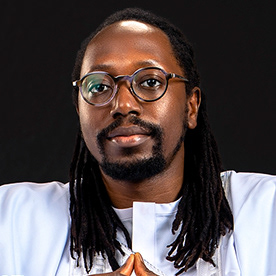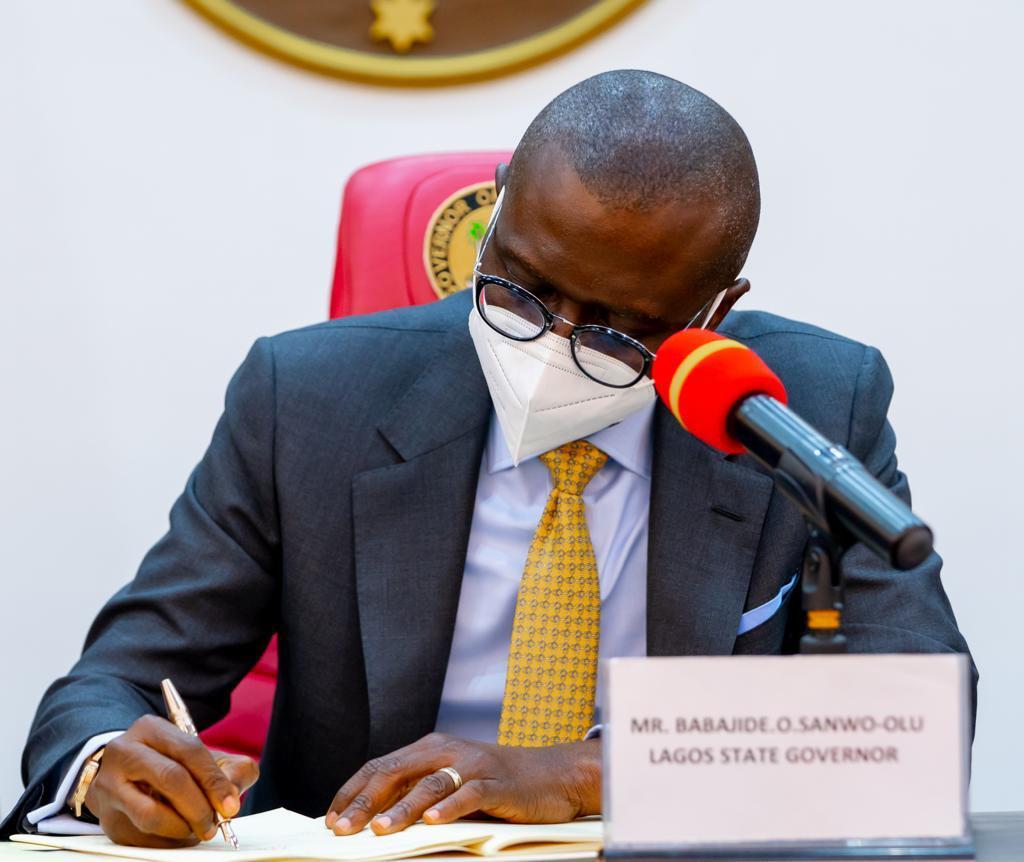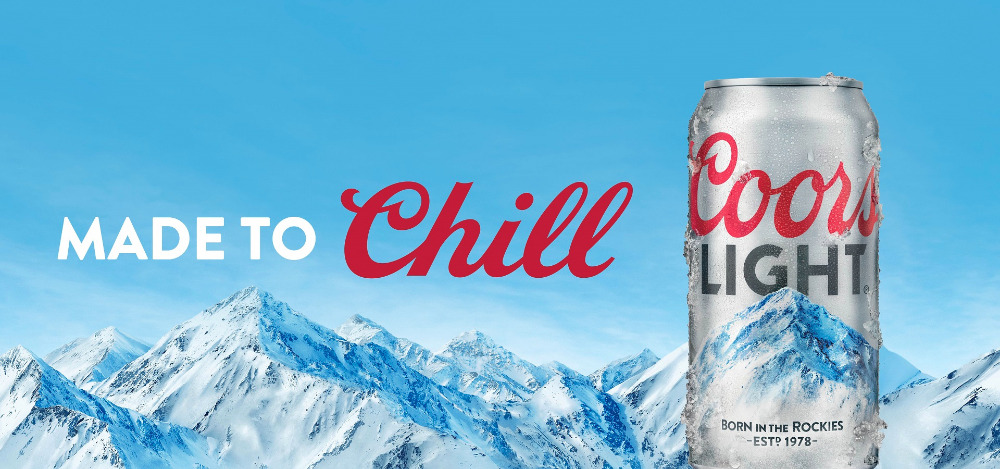Israel Obatunde, the Chief Executive Officer of Ideas Origin Media, has called for resilience, transparency; purpose-driven thinking in Nigeria’s advertising industry. He described Nigeria’s advertising industry as resilient, adaptive, and full of potential despite pressing macroeconomic and structural challenges. Obatunde shared this perspective during an exclusive interview with MARKETING EDGE in Lagos.
Speaking on the state of the sector, the advertising executive acknowledged that while fundraising isn’t typical in advertising as it is in tech, many agencies continue to thrive by being resourceful and self-sustaining. He forecast a positive outlook for the industry by 2025, stressing that survival depends largely on innovation and strategic thinking.
The media entrepreneur highlighted major challenges facing professionals, including the unrelenting pace of change, mental strain from constant performance pressure, brain drain, and rising operational costs. He emphasized that today’s practitioner must do more than just react they must anticipate and create opportunities even before client briefs arrive.
On talent retention, the agency boss decried the migration of skilled professionals seeking better prospects abroad, which, in his view, limits the depth of creative work and strains already overstretched teams. Inflation, he added, compounds the difficulty, inflating costs across resources, labour, and services.
To weather these storms, the industry professional recommends a mix of resilience, team alignment, strategic cost-cutting, and open communication. He stressed the importance of having a team that shares the agency’s vision and is willing to make sacrifices beyond monetary rewards.
Discussing broader industry challenges, the communications strategist noted that the local market has become saturated, with subpar service from some quarters threatening overall credibility. While regulatory agencies are doing their part, he insisted that value delivery remains the most effective way to rebuild trust.
He also pointed to the difficulties Nigerian agencies face in competing globally, particularly due to high costs and clients’ limited budgets, which restrict the scope of creativity that can be explored or showcased internationally.
Balancing client expectations with the cost of creativity, according to the brand expert, is not all that inherently difficult, but the decisions required to make that balance work often are.
Obatunde argued that underpaying talent leads to higher long-term costs in the form of re-hiring and lost productivity, underscoring the need to grow revenue by onboarding new clients or increasing service depth with existing ones.
On media innovation, the agency head expressed strong support for programmatic advertising, describing it as a powerful tool for forecasting outcomes, tracking performance, and reviewing campaign effectiveness.
Still, he maintained that technology is only as effective as the professional behind it. In his view, the ability to guide clients with clarity and insight remains a key differentiator in a crowded marketplace.
Addressing the perceived rivalry between traditional and social media, the creative leader said both have their place. He noted a recent uptick in billboard campaigns as brands seek to cut through digital noise and connect more tangibly with their audiences.
Also Read:Rage Media Group, championing innovation in Africa
For him, brand purpose is deeply linked with social responsibility. He asserted that businesses should aim to create meaningful impact, not just revenue. Founders, he warned, miss the mark when profit is their only driver, adding that influence on industry standards, society, and even policy should be part of any brand’s mission.
On diversity, equity, and inclusion (DEI), the advocate for workplace fairness emphasized that “humanity deserves care.” He revealed that his agency prioritizes gender equity, with women in key leadership roles. For him, any business that ignores DEI principles lacks a credible purpose.
Trust, transparency, and communication, he said, are fundamental to successful agency-client relationships. He criticized “master-slave” client dynamics and advocated for partnerships built on shared goals and honest dialogue.
When it comes to managing client relationships, the Lagos-based creative entrepreneur identified ego from both sides as a major barrier. He urged agencies to listen, remain objective, and take a mature approach in guiding clients, particularly when strategic opportunities aren’t immediately understood.
He also highlighted the vital role of account management, describing it as central to any advertising operation. With a background that spans both creative and client service, he said this duality has helped shape his business mindset and drive growth.
Touching on data, the marketing expert said limited access to reliable insights remains a hurdle. Agencies, he argued, often depend on third parties for data that should ideally be accessible locally.
He encouraged more collaboration among agencies through data pooling provided intellectual property rights are secured to help shape industry benchmarks and policy direction.
Also Read:FTC dismisses PepsiCo lawsuit filed under Biden’s administration
On the rise of user-generated content, the strategist dismissed fears that it would eclipse influencer marketing. Instead, he sees it as an opportunity for nano-influencers to shine. These lesser-known creators, he explained, often deliver better engagement and conversions due to their closer ties with niche audiences.
He cautioned brands against overestimating the reach of macro-influencers in every scenario, stating that awareness doesn’t always translate into meaningful action. Selecting the right voice, he concluded, depends on understanding the purpose and matching it to the most appropriate medium.
Also Watch:In less than 4 years, we have had winners who have grown to give back to MarkHack





Comment
No comments found.